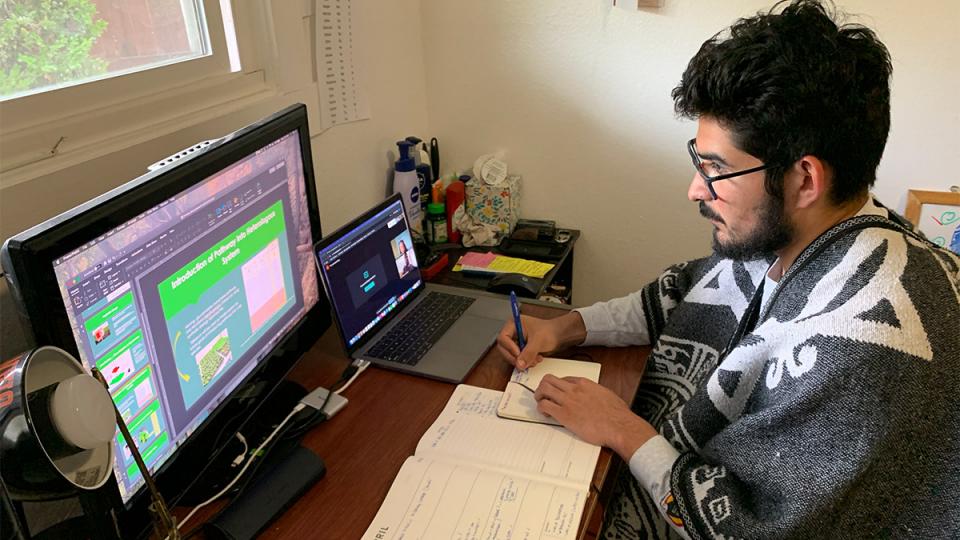Research Team
Christopher J. Hopwood & Wiebke Bleidorn
Project Description
The purpose of this study is to examine the socioemotional development of students who experience the immediate threat and lasting consequences of Covid-19. We are assessing 500 UC Davis students monthly regarding their experience of Covid-19 and various personal sequalae such as their personal health, academic progress, and financial situation, as well as a variety of indicators of well-being, social and emotional development. Data collection began in March 2020 and will continue for 9 months, in addition to a 1-year follow-up. We will compare these students’ trajectories to a control group of about 500 students who completed the same longitudinal research protocol last year before the occurrence of the virus. Our use of a direct comparison sample and longitudinal design will permit tests of the degree and manner in which Covid-19 impact students’ personal and academic well-being and development. We summarize the results from our first assessment wave at the end of March below.

Have students been affected by the Covid-19?
Overall, we found few significant differences between students who are currently experiencing Covid-19 and last year’s control group, However, there were some meaningful differences indicating that students who are currently experiencing Covid-19 feel as though they have less social support from their families and less positive emotions but higher levels of self-efficacy.
How worried are students about the impact of Covid-19?
Students expressed increased worries about the impact of Covid-19 on public health, society, the economy, as well as their own academic productivity, social functioning, and finances. Many students were also concerned about their personal health, although on average concerns about personal health were lower than other domains.
How are students responding to the Covid-19?
By the end of March, most students reported that they had significantly changed their behavior in response to Covid-19. They reported high levels of social distancing, increased handwashing and sanitizing, cancelling trips or events, and searching for information. Many students also reported stocking up on food and supplies.
How is the experience of the Covid-19 related to student welfare?
Students who worried more about Covid-19 were also more stressed. However, students who worried more also tended to be more academically and communally motivated. This pattern suggests that Covid-19, at least initially, impacted some students more than others, and the students who were most impacted experienced stress but were also motivated to cope by focusing on work and maintaining relationships.
Ongoing questions
These data reflect students’ initial response to Covid-19, shortly after it appeared in California and social distancing guidelines were put in place. Future waves of data will be useful for testing whether student responses are changing over time and enable us to test how Covid-19 impacts longer-term trajectories of student socioemotional and academic development.